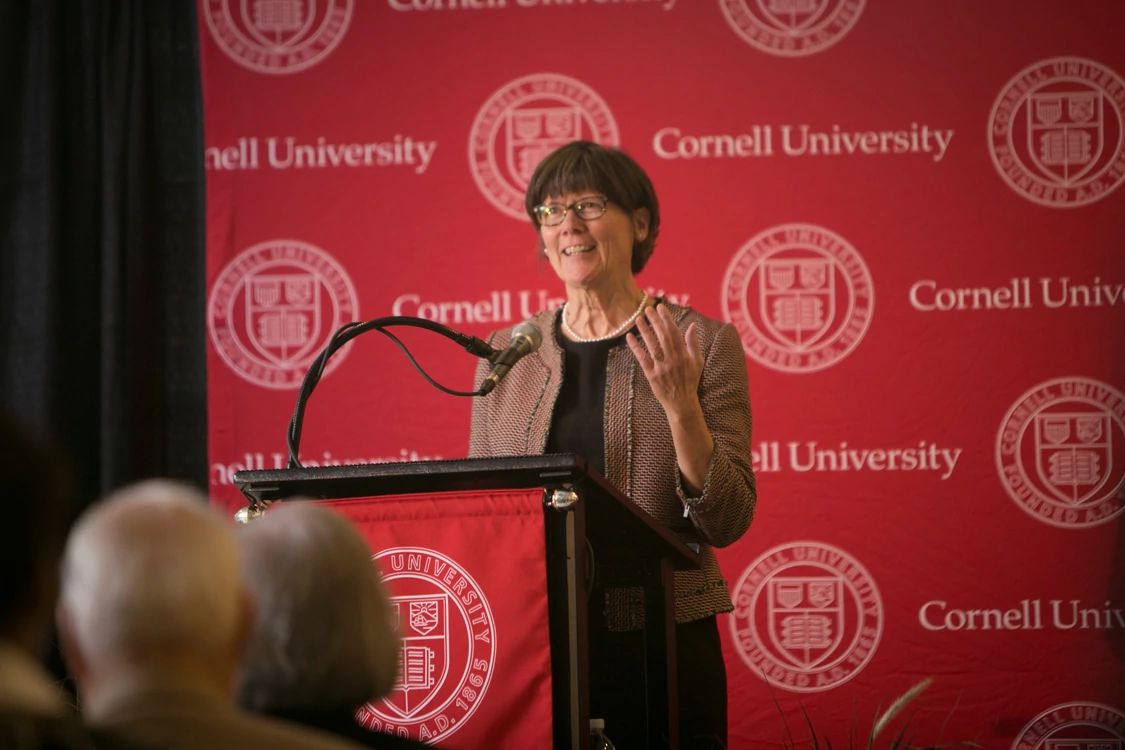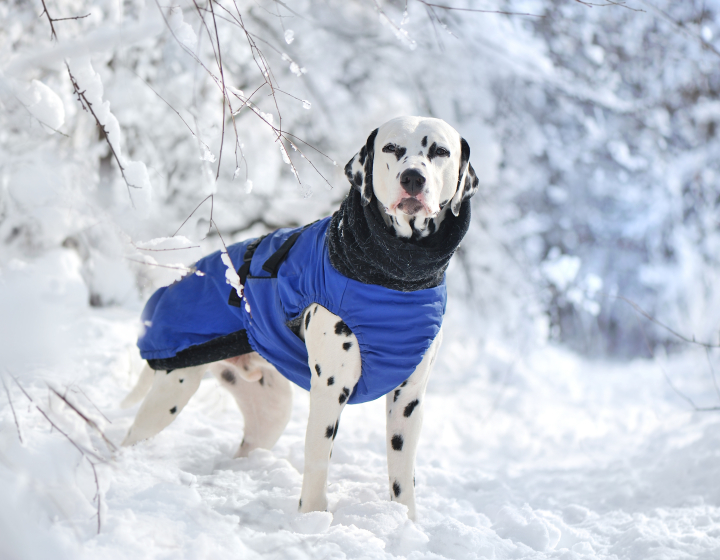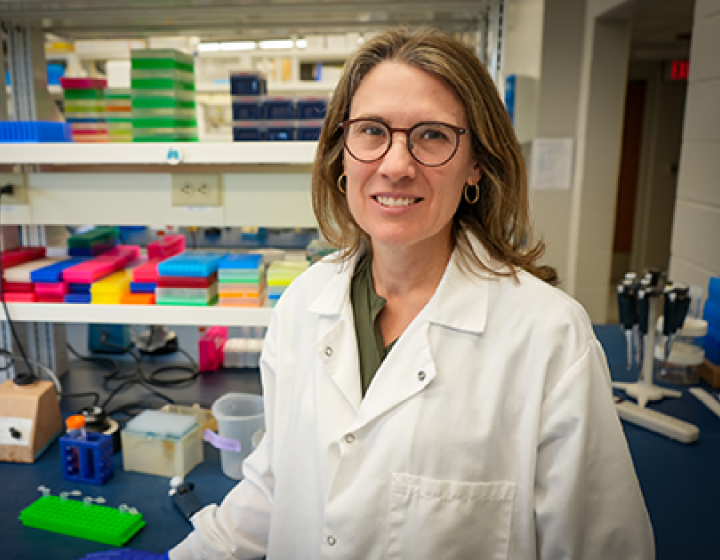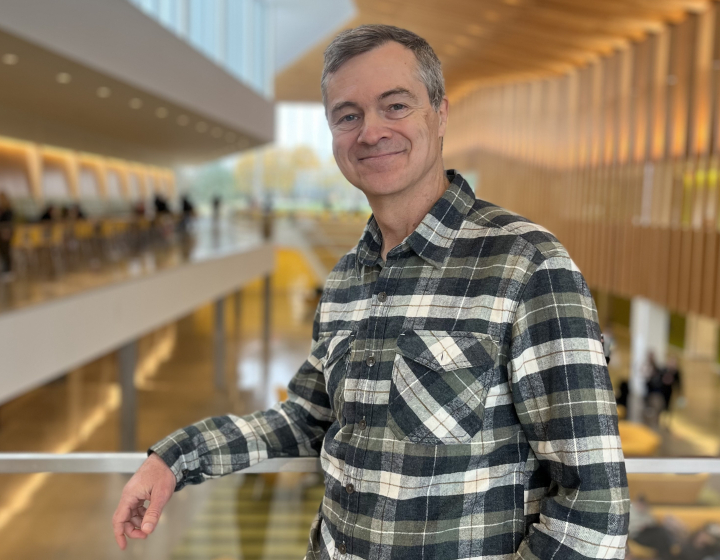Alumnus establishes the Judith Appleton, PhD Early Career Excellence in Research Award
Thanks to a generous gift from Geoff Letchworth, D.V.M. ’72, Ph.D. ’80, the College of Veterinary Medicine has established the Judith Appleton, PhD Early Career Excellence in Research Award. This competitive award, currently one of a kind at the college, will support an assistant professor early in their career, providing significant resources for them to add either a graduate student, post doc, or provide necessary materials to their lab.
“Dr. Letchworth’ s wonderful gift will have an immediate benefit for early career scientists selected for the award,” says Lorin Warnick, D.V.M., Ph.D.’94, Austin O. Hooey Dean of Veterinary Medicine. “The funding will come at a critical time in the growth of their research program and will help expand their capacity and success.”
Letchworth will give directly to this fund each year, and upon he and his wife’s passing, his entire estate will create an endowment for the award, ensuring it exists in perpetuity.
The alumnus was inspired to give back to Cornell thanks to its impact on his career. “I feel privileged to devote most of my resources, which Cornell enabled me to accumulate, to support the development of future Cornell students and faculty,” says Letchworth. “Although I have come to know and respect scientists in many institutions around the world, Cornell remains paramount in my mind. And more specifically, the Cornell veterinary medical faculty that was and still is unmatched. I feel indebted to the CVM for everything it has done for me personally, and for what I could pass on to the remarkable students my Cornell education empowered me to train.”
Letchworth felt that naming the gift after Dr. Judy Appleton, Emeritus Alfred H. Caspary Professor of Immunology, was fitting for several reasons. “She thrived in virus research before she joined Cornell and continued to excel in her many groundbreaking studies by addressing the vexing worldwide medical problem of helminth infections,” he says. “And she contributed her abilities at a higher level, serving as Vice Provost. She built a truly impressive career.”

Appleton was touched to learn that the award was established in her honor. “An award like this can accelerate a promising start in a research career, and I am pleased to know that early-career faculty will benefit from access to such support,” she says.
That the gift supports the pursuit of science is no surprise; that passion had always called to Letchworth. During his fourth year in veterinary school, he discovered a herpesviral disease of cattle that was previously unknown in the United States. Later, he returned to Cornell to study herpesviruses with Leland “Skip” Carmichael, Ph.D. ’59, the late John M. Olin Professor of Virology Emeritus, at the Baker Institute for Animal Health, and went on to conduct virus research at USDA’s Plum Island Animal Disease Center with Appleton. Letchworth continued his career in teaching and virology research at the University of Wisconsin-Madison, and research at the USDA laboratory in Wyoming. “Seventeen years after retiring, I still read research papers almost every day because I think they are the most interesting things in the world,” says Letchworth.
Early on in his career, he received a Shaw Scholarship from the Milwaukee Foundation which provided him unrestricted research funds soon after he became an assistant professor at the University of Wisconsin-Madison. The funding allowed him to hire on graduate students to his lab, who in turn opened new research avenues that garnered additional grants. “Ultimately, those students became leaders in academia, government, and the biotechnology industry,” says Letchworth. “And those former students themselves have supervised several hundred young scientists.”
Now, Letchworth hopes his gift will create the same kind of positive momentum at Cornell to help support assistant professors. With this funding, veterinary medical scientists will be able to refine and expand their research programs through the hiring of technicians, students, and post-docs.
“Funding promising young scientists at this stage not only helps that researcher grow their career, but can also drive crucial scientific discovery,” says Warnick. “We at the college are grateful that our faculty can benefit from such thoughtful, forward-looking support.”
Written by Lauren Cahoon Roberts





